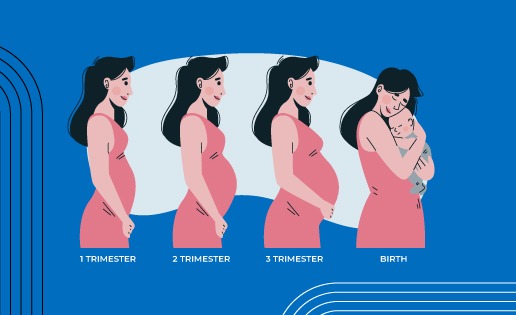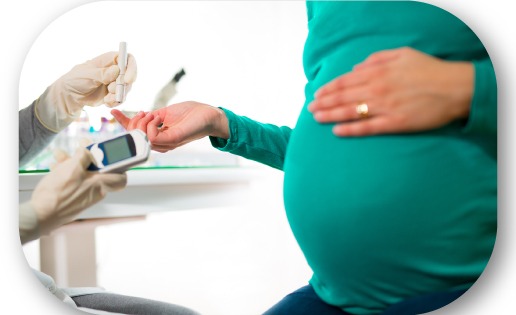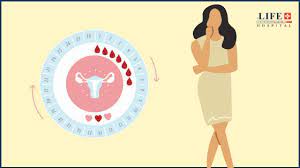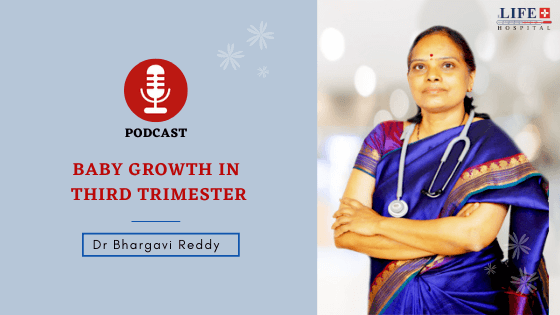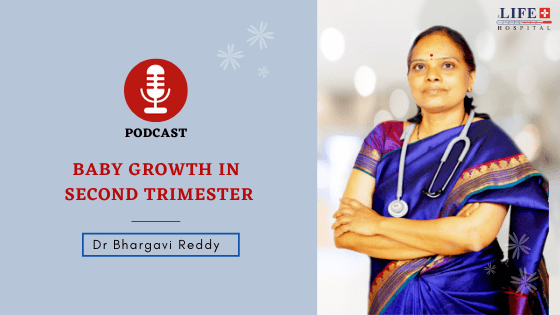Specialized center for Tubo Ovarian Mass Treatment
Tubo-ovarian abscess (TOA) is an inflammatory mass found in the fallopian tube, ovary and adjacent pelvic organs.
THE LIFE PLUS HOSPITAL Care is COVID 19 Safe
- Our Hospital premises are COVID safe
- Regular sanitization of clinic & hospital premises
- Immediate medical assistance through Online Consultation
Specialized center for Tubo Ovarian Mass Treatment
Tubo-ovarian abscess (TOA) is an inflammatory mass found in the fallopian tube, ovary and adjacent pelvic organs.
THE LIFE PLUS HOSPITAL Care is COVID 19 Safe
- Our Hospital premises are COVID safe
- Regular sanitization of clinic & hospital premises
- Immediate medical assistance through Online Consultation

Tubo Ovarian Mass
A tubo-ovarian abscess (TOA) is a recognized and serious complication of untreated pelvic inflammatory disease (PID). It most commonly affects women of reproductive age. TOA is defined as an inflammatory mass involving the tube and/or ovary characterized by the presence of pus. Depending on the clinical and imaging findings, the doctor will adopt the first-line of management for a woman who is suspected to be suffering from this condition. If the condition is serious (if there are signs of infection), then it warrants immediate medical attention. Management of such a TOA may include prompt operative intervention and putting the patient on an antibiotic regimen.
Let's Schedule Your Appointment
Treatment

Key content
- Tubo-ovarian abscesses represent a severe form of pelvic inflammatory disease and carry high morbidity.
- Diagnosis is made by combining the clinical picture (fever, pelvic pain, and pelvic adnexal mass) with raised inflammatory markers and radiological findings demonstrating an abscess.
- Initial management with intravenous antibiotics may not be successful.
- Surgical intervention may be indicated but the optimal timing is not clear and image-guided drainage can be a possible alternative to surgery.
- Surgery may be conservative or involve pelvic clearance and will depend on the clinical situation.
Our Gynecologists who are Treating the Diseases
Why The Life Plus Hospital?
 The Life Plus Hospital is COVID-19 safe
The Life Plus Hospital is COVID-19 safe
Your safety is taken care of by thermal screening, social distancing, sanitized clinics, and hospital rooms, sterilized surgical equipment, and mandatory PPE kits during surgery.
 Medical Expertise With Technology
Medical Expertise With Technology
Our Doctors spend a lot of time with you to diagnose your condition. You are assisted in all pre-assisted Hospitalisation process. We offer advanced laser and laparoscopic surgical treatment. Our procedures are USFDA approved.
 Assisted Surgery Experience
Assisted Surgery Experience
A dedicated Medical Coordinator assists you throughout the surgery journey from insurance paperwork, to free commute from home to hospital & back and admission-discharge process at the hospital.
 Post Natal Care
Post Natal Care
We offer free follow-up consultations and instructions including dietary tips as well as exercises to every patient to ensure they have a smooth recovery to their daily routines.
The Life Plus Hospital in Numbers
Years Of Expertise
Successful Surgeries
Consultation
Success Rate
Our Blogs
OUR GYNECOLOGY CENTER IN BANGALORE
Tell us about your problems and we’ll figure out the best treatment option for you.
Life Plus hospital
Women and Child Care Hospital in Indiranagar | LifePlus Hospital
At Life plus hospital, we offer a comprehensive range of women’s health services. The Department is managed by highly experienced lady gynecological doctors who offer specialized attention and compassionate care for women
Let's Schedule Your Appointment
Tubo ovarian Mass Faq's
The initial evaluation includes routine blood work, urine, vaginal and blood cultures and imaging study – either a transvaginal ultrasound (TVUS) or a computed tomography (CT) scan of the abdomen and pelvis.
People report different symptoms, depending on the cause of the adnexal mass.
People with an adnexal mass may report:
- severe lower abdominal or pelvic pain that is usually on one side
- abnormal bleeding from the uterus
- pain during sexual intercourse
- worsening pain during a period
- painful periods
- abnormally heavy bleeding during periods
- abdominal symptoms, including a feeling of fullness, bloating, constipation, difficulty eating, increased abdominal size, indigestion, nausea, and vomiting
- urinary urgency, frequency, or incontinence
- weight loss
- lack of energy
- fatigue
- fever
- vaginal discharge








